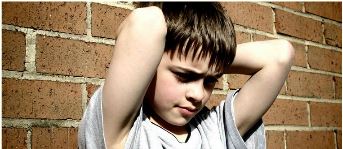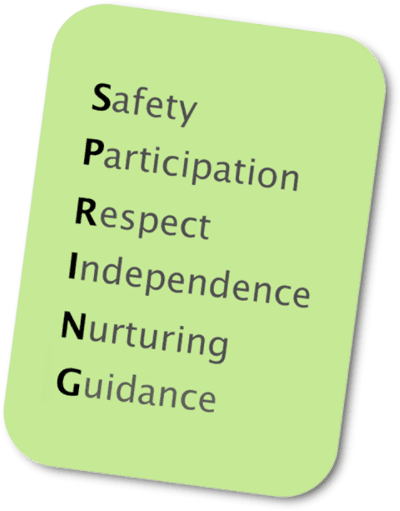The article discuss effective strategies to use with children with ADHD or ADD. Far too many parents are finding it difficult to parent their child and are not aware of the support and process to manage a child with ADHD/ADD.

Does this sound all to familar…
The struggle in fighting to obtain educational support in school, family members that do not understand
your child and label them as out of control and disobedient. Failed relationships and friendships, your child breaking items in your house or hurting your friend’s children. Shopping can be a constant nightmare, trips out, and their “risk taking behaviour”.
Small changes can help improve your child’s behaviour and also your mental health rather than you pulling your hair out. It’s too easy to give up as a parent, it is our duty to provide life long care and support to our children even through the difficult times. A bit like a marriage – Till death do us part…
Many years ago people where not familur with the term ADHD, they assumed children where disobedient and put it down to poor parenting.
Times have changed and there has been extensive research to suggest that genetics, environmental factors and the chemicals in the brain effect children with ADHD/ADD.
Despite the above children with ADHD are often very bright, fun, and loving children. They are children, just needing some extra support!.
Significant levels of ADHD are found in around one to two children out of every 100. It is more common in boys than girls. It is probably caused by problems in the part of the brain, which controls impulses and concentration, but other factors may also have an impact (Gabrielle Weiss 1993).
Some common characteristics
Having a child with ADHD can be very stressful and an ongoing challenge. Many parents struggle to maintain a happy medium with the family. Children with ADHD can vary with mild to severe traits with some children requiring treatment with medication and others requiring a small amount of support in school. Many parents try to avoid the use of medication and use self-help remedies to support their child, such as alternative therapy and focused activities like karate, football and dance.
Ask yourself if school are worried about your child’s performance and is your child under performing in class? Are they meeting their developmental milestones?
Discuss the possibility of an assessment with a child psychologist or a referral to CAMHS (Child Adolescent Mental Health). They will be able to fully assess your child and make recommendations.
Where do I start if I think my child has ADHD/ADD ?
As early as possible to get your child the support they need. If you think your child has ADHD the first thing to do is approach your GP and discuss your concerns. If you can list some of the behaviours that your son/daughter is doing this would be helpful. Keep a diary of any specific behaviours that you are worried about. You can also express your concerns to the school and speak to the classroom teacher to see if they are also having similar problems.
What treatment is best?
This is very much an individual choice and needs to be discussed with the doctor and your child if they are able to understand. Alternative treatments should be tried before medication. Diet has also been known to cause an effect in a child’s behaviour. Refined sugars like cakes, bicutes, crips etc need to be limited.
One way to effectively manage attention deficit disorder symptoms is through a good diet. ADHD can be controlled by making sure a child has a protein rich diet. Home cooked nutritious meals should be given daily. Protein rich foods such as eggs, poultry, and dairy products should be included in a child’s diet. If your child is allergic to dairy there are alternative such as rice milk and soya products.
Consider natural therapies such as reflexology and Indian head massage. This will help calm your child down working on brain activity.
Medication such as Ritalin/Methylphenidate Hydrochloride is used to correct the brain imbalance. They can bring an improvement to the ability to listen and concentrate. Some children may have adverse effects to medication and suffer from side effects. these may include loss of appettie, tiedness, twitches, talking fast, etc…and needs to be montired by a specialist.
ADHD can also be minimised by eating fish because it contains omega-3 fatty acids, which can help improve a child’s ability to stay focused. Cutting out sugar and caffeine in your child’s diet is also essential. Some children with ADHD like to have a sugar fix daily; therefore parents need to monitor their intake.

What Can I do to help my child?
Self-help
Home System (Useful tips)
THINGS TO AVOID
TRY INSTEAD
Point Scale 1-10
This chart is very useful. It is a number system scale that will help you to assess your child’s behaviour and reward the positive behaviours. You can decide what sanitations to use. It can also be used on a daily basis and with the use of stars.
Home Chart
Plan your child’s week.
This can be adaptable depending on your child age and include more specific actions, such as brush your teeth, get dressed, check book bag etc… This helps your child organise themselves and plan and prepare for the day ahead. You can also use tick boxes and stars and give small incentives if they have a good day or week.

